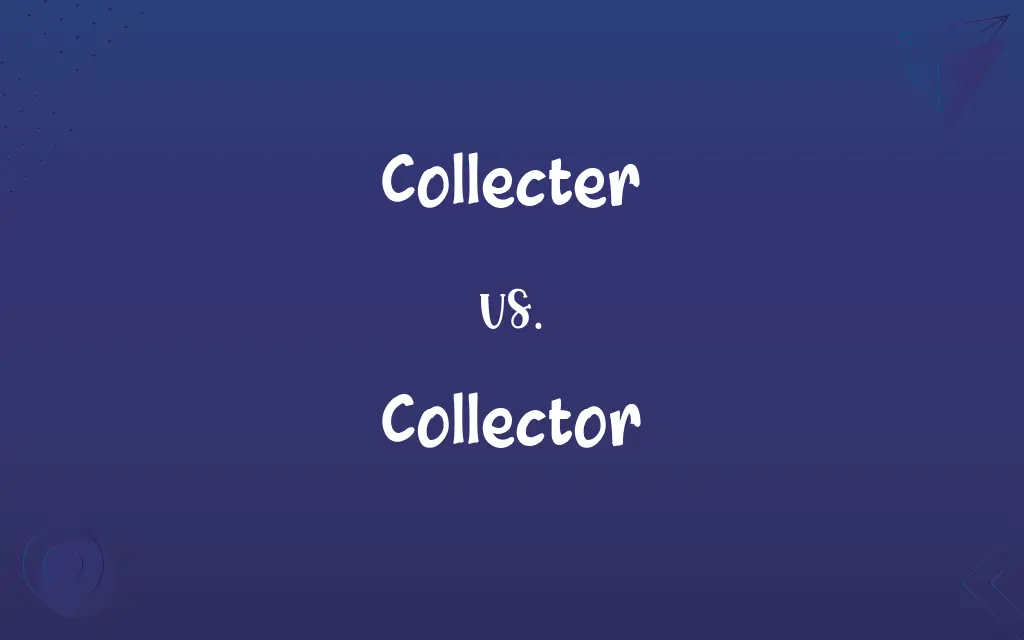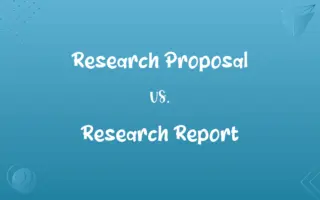MySQL vs. PostgreSQL: What's the Difference?
Edited by Janet White || By Harlon Moss || Updated on October 23, 2023
MySQL is an open-source relational database developed by Oracle, while PostgreSQL is an advanced, open-source object-relational database system.

Key Differences
MySQL is one of the world's most popular relational database management systems (RDBMS). It's known for its fast performance and reliability. Developed by the Swedish company MySQL AB, it was later acquired by Sun Microsystems and then by Oracle Corporation. PostgreSQL, on the other hand, is often regarded as the most advanced open-source database solution. It supports both SQL (relational) and JSON (non-relational) querying.
When discussing extensibility and support for custom functions, PostgreSQL stands out. It offers a wide array of built-in functions, and if those aren't enough, users can define their own. Additionally, PostgreSQL supports custom data types and operators. In comparison, MySQL provides stored procedures, but its extensibility features might not be as expansive as PostgreSQL's.
Licensing is another crucial difference between the two. MySQL operates under the GNU General Public License but has faced criticism over the years due to Oracle's proprietary licensing for certain features. PostgreSQL, meanwhile, uses the PostgreSQL License, a liberal open-source license, which grants users the freedom to use, modify, and distribute the software.
From a performance perspective, both MySQL and PostgreSQL offer robust solutions. However, they have different optimization techniques and might perform differently depending on the workload. For instance, while MySQL might be faster for read-heavy operations, PostgreSQL often excels in complex queries and write-heavy tasks.
Concerning community support, both databases have strong communities. MySQL has been around since 1995, and its widespread adoption has led to an extensive ecosystem. PostgreSQL, founded in 1996, boasts a vibrant community that continually contributes to its feature-rich capabilities.
ADVERTISEMENT
Comparison Chart
Development & Ownership
Developed by MySQL AB, now owned by Oracle.
Advanced open-source object-relational database system.
Extensibility
Offers stored procedures.
Supports custom functions, data types, and operators.
Licensing
GNU General Public License with some proprietary features.
PostgreSQL License (liberal open-source).
Performance Characteristics
Often faster for read-heavy operations.
Excels in complex queries and write-heavy tasks.
Community Support
Extensive due to its early inception and widespread use.
Vibrant, contributing to its rich features.
ADVERTISEMENT
MySQL and PostgreSQL Definitions
MySQL
A popular choice for web databases.
WordPress, a widely used CMS, is built on MySQL.
PostgreSQL
Supports both SQL and JSON querying.
With PostgreSQL, developers can natively store and query JSON data.
MySQL
An open-source relational database management system.
Many websites use MySQL for their backend data storage.
PostgreSQL
A choice for complex, large-scale applications.
Many geospatial databases prefer PostgreSQL for its PostGIS extension.
MySQL
Known for its speed and efficiency.
MySQL can handle large datasets without significant performance degradation.
PostgreSQL
An advanced open-source object-relational database system.
PostgreSQL supports table inheritance and function overloading.
MySQL
A database system developed initially by MySQL AB.
MySQL has undergone several ownership changes since its inception.
PostgreSQL
Offers robustness and fine concurrency control.
PostgreSQL handles multiple concurrent users efficiently.
MySQL
Part of the LAMP stack in web development.
Developers often pair MySQL with Linux, Apache, and PHP.
PostgreSQL
A database system known for its extensibility and standards compliance.
PostgreSQL users can define their custom data types.
FAQs
What type of database system is MySQL?
MySQL is an open-source relational database system, while PostgreSQL is an object-relational database system.
Who owns MySQL?
Oracle Corporation owns MySQL, whereas PostgreSQL is a community-driven project.
Which is known for better extensibility?
PostgreSQL is known for superior extensibility compared to MySQL.
Which database offers JSON querying support?
Both MySQL and PostgreSQL support JSON querying, but PostgreSQL often has broader capabilities.
Is MySQL part of the LAMP stack?
Yes, MySQL is typically the 'M' in the LAMP stack, while PostgreSQL can replace it in alternative stacks.
Do both databases have stored procedure support?
Both MySQL and PostgreSQL support stored procedures.
Which has a longer history?
MySQL was released in 1995, and PostgreSQL was introduced in 1996.
How do their licenses differ?
MySQL uses the GNU General Public License, while PostgreSQL uses its liberal open-source license.
Which database is more community-driven?
While both have strong communities, PostgreSQL is entirely community-driven, unlike MySQL which is owned by Oracle.
Is MySQL's ownership a point of contention?
Some have raised concerns over MySQL being owned by Oracle, but PostgreSQL remains community-driven.
Are there cloud versions for these databases?
Both MySQL and PostgreSQL have cloud versions offered by various providers.
Can MySQL handle JSON data?
Yes, MySQL can handle JSON data, but PostgreSQL offers broader JSON functionalities.
Which is typically faster for read-heavy operations?
Generally, MySQL is faster for read-heavy operations compared to PostgreSQL.
Are both databases scalable?
Both MySQL and PostgreSQL are scalable, but they might require different configurations for optimization.
Which has better support for custom data types?
PostgreSQL typically offers better support for custom data types compared to MySQL.
Which database offers table inheritance?
PostgreSQL offers table inheritance, a feature not present in MySQL.
Is PostgreSQL considered more advanced?
Often, PostgreSQL is regarded as more advanced than MySQL due to its extensive features.
Do both databases support ACID properties?
Both MySQL (with InnoDB storage engine) and PostgreSQL support ACID properties.
Can PostgreSQL be used in place of MySQL in the LAMP stack?
Yes, PostgreSQL can replace MySQL in the LAMP stack, leading to the LAPP stack.
Which is preferred for geospatial databases?
PostgreSQL, with its PostGIS extension, is often chosen for geospatial databases over MySQL.
About Author
Written by
Harlon MossHarlon is a seasoned quality moderator and accomplished content writer for Difference Wiki. An alumnus of the prestigious University of California, he earned his degree in Computer Science. Leveraging his academic background, Harlon brings a meticulous and informed perspective to his work, ensuring content accuracy and excellence.
Edited by
Janet WhiteJanet White has been an esteemed writer and blogger for Difference Wiki. Holding a Master's degree in Science and Medical Journalism from the prestigious Boston University, she has consistently demonstrated her expertise and passion for her field. When she's not immersed in her work, Janet relishes her time exercising, delving into a good book, and cherishing moments with friends and family.







































































